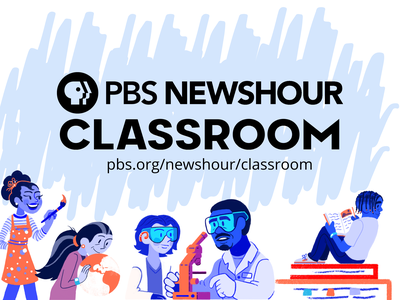In his second inaugural address, President Barack Obama outlined the issues he intends to tackle in language that reflected his goal of forging a meaningful legacy and the freedom of not having to run for office again.
 The president addressed the crowd of spectators that had gathered on the eastern steps of the Capitol building. To get close, inauguration-goers would have had to have a ticket, but there were non-ticketed areas throughout the National Mall.
Mr. Obama opened with words from the Declaration of Independence: “What makes us exceptional -- what makes us American -- is our allegiance to an idea articulated in a declaration made more than two centuries ago:
“
We hold these truths to be self-evident, that all men are created equal; that they are endowed by their Creator with certain unalienable rights; that among these are life, liberty, and the pursuit of happiness.
“Today we continue a never-ending journey to bridge the meaning of those words with the realities of our time.”
The president used the opportunity to “tell his own story of American history,” said Yale University historian Beverly Gage on the NewsHour. “And it was very clear that Barack Obama was telling a story that was about the expansion of rights.”
The president addressed the crowd of spectators that had gathered on the eastern steps of the Capitol building. To get close, inauguration-goers would have had to have a ticket, but there were non-ticketed areas throughout the National Mall.
Mr. Obama opened with words from the Declaration of Independence: “What makes us exceptional -- what makes us American -- is our allegiance to an idea articulated in a declaration made more than two centuries ago:
“
We hold these truths to be self-evident, that all men are created equal; that they are endowed by their Creator with certain unalienable rights; that among these are life, liberty, and the pursuit of happiness.
“Today we continue a never-ending journey to bridge the meaning of those words with the realities of our time.”
The president used the opportunity to “tell his own story of American history,” said Yale University historian Beverly Gage on the NewsHour. “And it was very clear that Barack Obama was telling a story that was about the expansion of rights.”
 Excited inauguration spectators on the National Mall wave flags distributed by volunteers as the inauguration ceremony begins on January 21, 2013. Organizers were expecting up to 800,000 people to turn out for the event.
Excited inauguration spectators on the National Mall wave flags distributed by volunteers as the inauguration ceremony begins on January 21, 2013. Organizers were expecting up to 800,000 people to turn out for the event.

Obama’s speech connected American struggles for civil rights
In his address, the president invoked “Seneca Falls and Selma and Stonewall,” connecting the women’s rights convention in 1848, the civil rights movement of the 1960s and the Stonewall riots that pushed forward gay rights in one sentence. “He seemed to be adopting some of the kind of tactics and styles that Franklin Roosevelt once used,” Gage said. “This speech was in the end really an invitation and was a kind of invitation to the public to say these are the issues that I care about.” New York Times columnist David Brooks dubbed it a "strong argument for modern liberalism," and said, "It was the most unapologetically liberal speech I've heard Barack Obama give."

